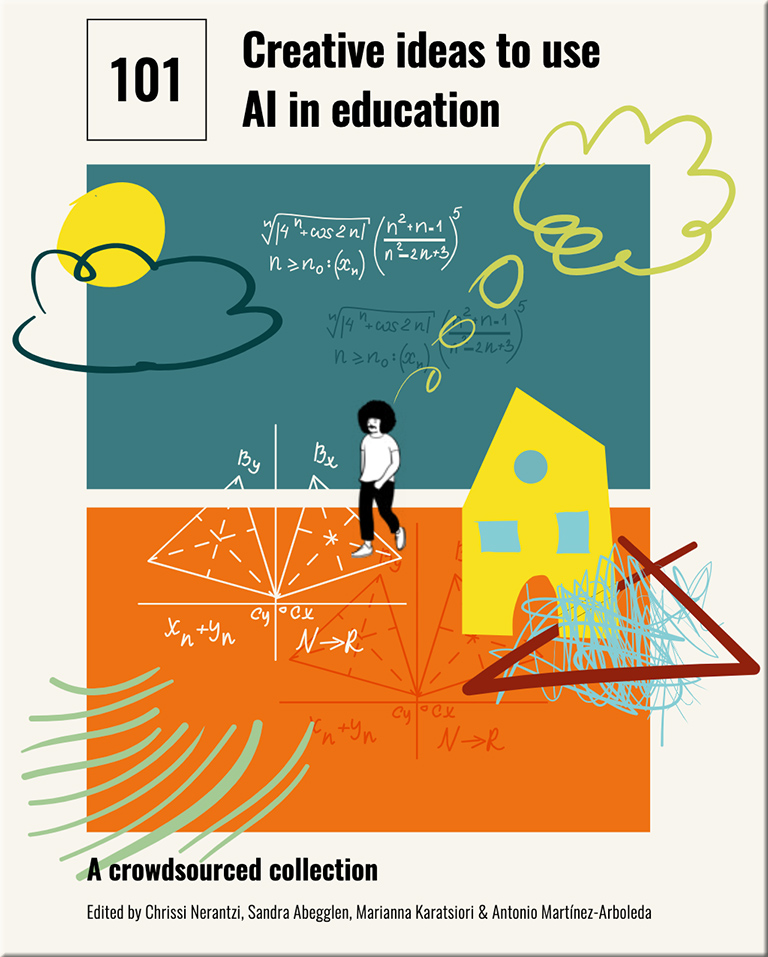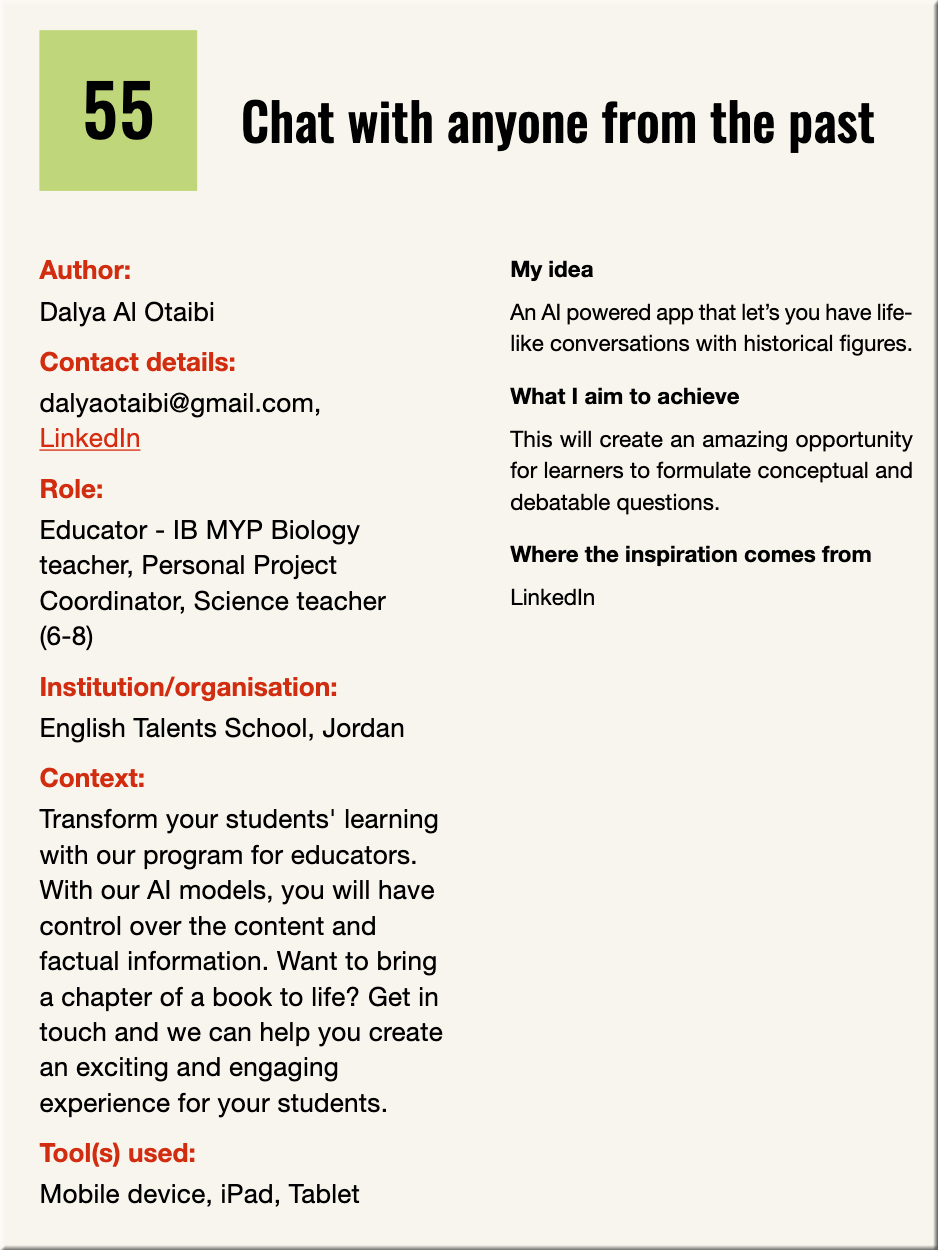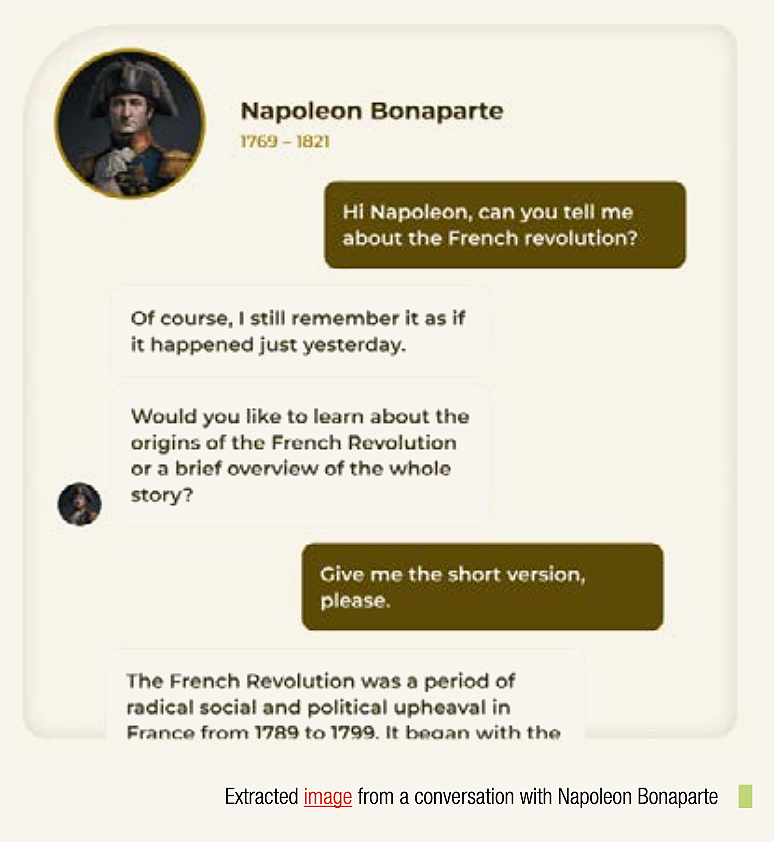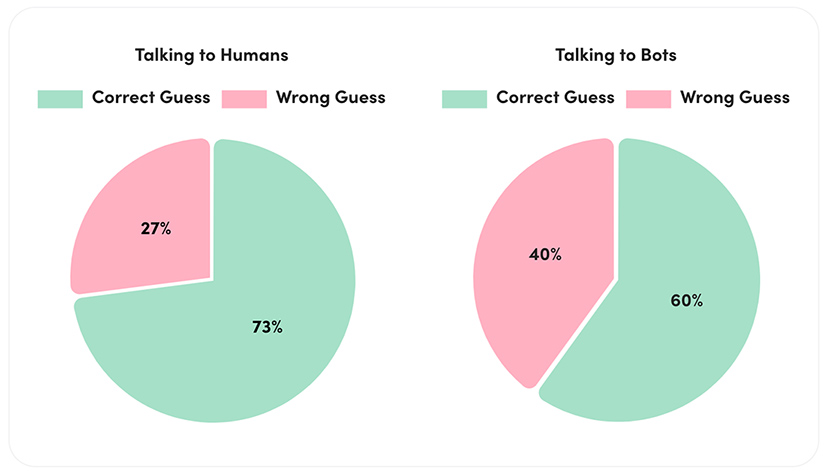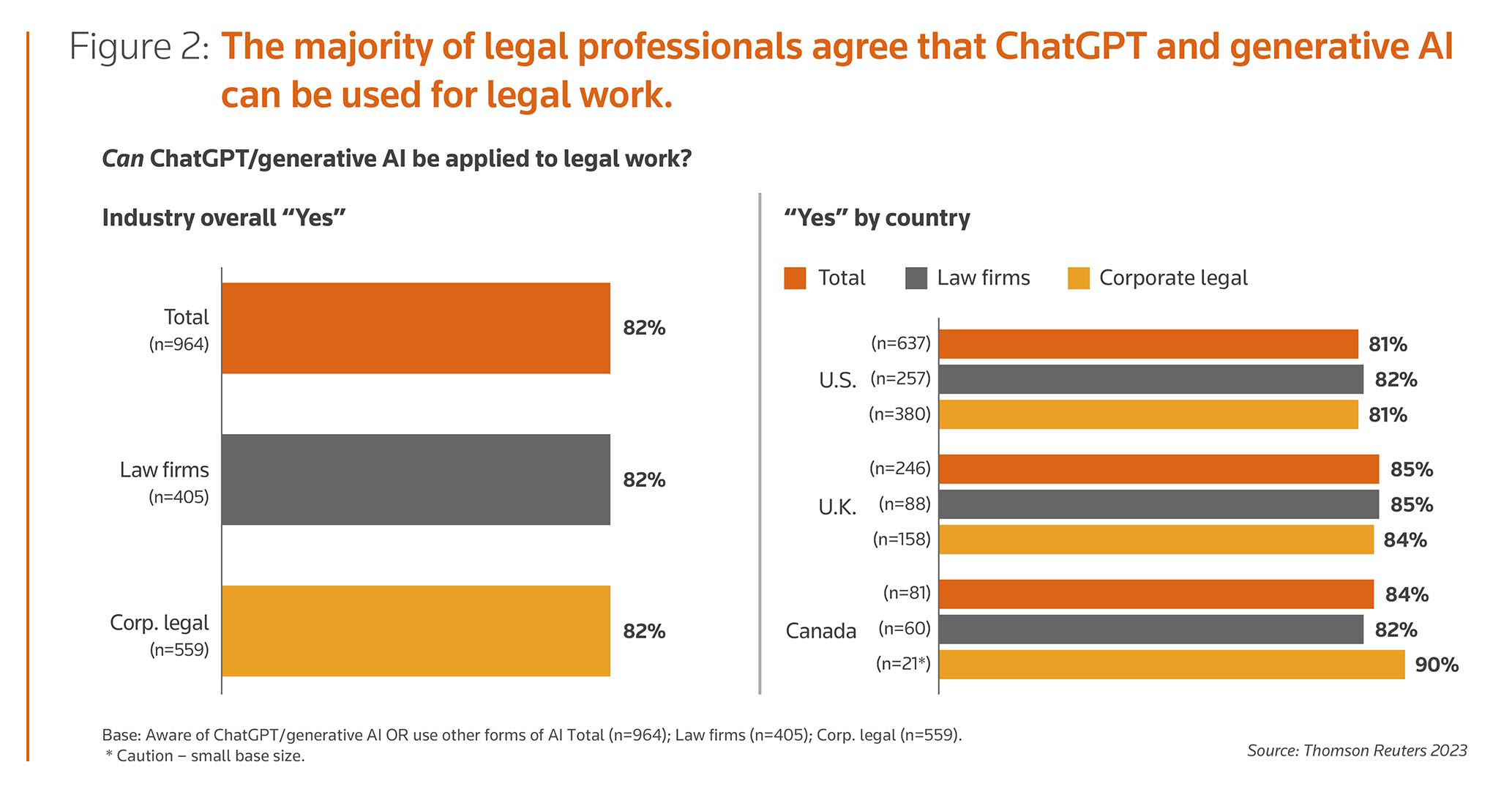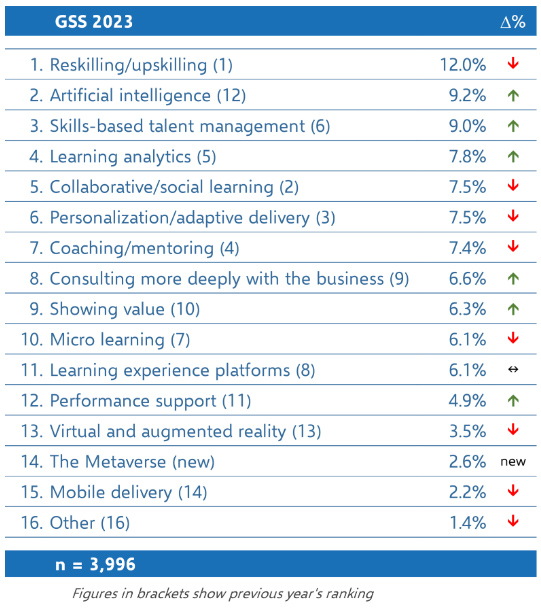Fresh Voices on Legal Tech with Natalie Knowlton — from legaltalknetwork.com by Dennis Kennedy and Tom Mighell
EPISODE NOTES
Technology has become the main driver for increasing access to justice, and there are huge opportunities for legal service providers to leverage both existing and emerging tech to reach new clients. Dennis and Tom welcome Natalie Knowlton to discuss the current state of legal services, the justice gap, and ways technology is helping attorneys provide better and more affordable services to consumers. As always, stay tuned for the parting shots, that one tip, website, or observation that you can use the second the podcast ends.
New report on ChatGPT & generative AI in law firms shows opportunities abound, even as concerns persist — from thomsonreuters.com; via Brainyacts #43
Excerpt:
The survey, conducted in late-March by the Thomson Reuters Institute, gathered insight from more than 440 respondent lawyers at large and midsize law firms in the United States, United Kingdom, and Canada. The survey forms the basis of a new report, ChatGPT & Generative AI within Law Firms, which takes a deep look at the evolving attitudes towards generative AI and ChatGPT within law firms, measuring awareness and adoption of the technology as well as lawyers’ views on its potential risks.
The report also reveals several key findings that deserve special attention from law firm leaders and other legal professionals as ChatGPT and generative AI evolve from concept to reality for the vast majority of the legal industry participants. These findings include:
-
- Attitudes are evolving around this technology
- Firms are taking a cautiously proactive approach
- There’s a growing awareness of the risks
‘Legal Tech Lists’: 5 Lawyer Tropes That Were Upended By Legal Tech — from abovethelaw.com by Jared Correia
These common fictitious scenarios would be solved by technology.
Excerpt:
There are lots of tropes related to lawyers and law firms that frequently show up in works of fiction. The thing is, those tropes are tropes because they’re sort of old; they’ve been around for a long time. Now, however, modern technology can solve a heck of a lot of those issues. So, for this edition of the “Reference Manual of Lists,” we’re going to relay a trope, offer an example, and talk about how legal tech actually fixes the problem today.
The Future of Generative Large Language Models and Potential Applications in LegalTech — from jdsupra.com by Johannes Scholtes and Geoffrey Vance
Excerpt:
If you made it this far, you should by now understand that ChatGPT is not by itself a search engine, nor an eDiscovery data reviewer, a translator, knowledge base, or tool for legal analytics. But it can contribute to these functionalities.
In-person vs. virtual ADR — How to choose? — from reuters.com by Eric Larson
Excerpt:
April 20, 2023 – Alternative dispute resolution (ADR), a common technique parties can use to settle disputes with the help of a third party, offers several unique benefits over traditional litigation. It is typically more cost-effective, confidential and generally a preferred method to resolving disputes. As a result, counsel and their clients often view ADR as a no-brainer. But the once simple decision to engage in ADR is now complicated by whether to proceed in-person, virtually or with a hybrid approach.
ChatGPT: A Lawyer’s Friend or Ethical Time Bomb? A Look at Professional Responsibility in the Age of AI — from jdsupra.com by Mitchell, Williams, Selig, Gates, & Woodyard
Excerpt:
The emergence of ChatGPT comes with tremendous promise of increased automation and efficiency. But at what cost? In this blog post, we’ll explore the potential ethical time bomb of using ChatGPT and examine the responsibility of lawyers in the age of AI.










